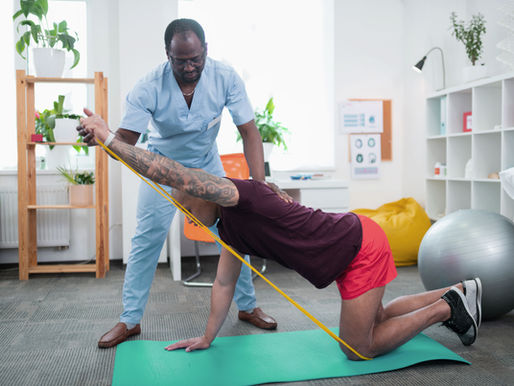top of page
Search
Prepare Like A Pro: A Guide to Simulation Training for Coaches
Coaches in aesthetic sports like gymnastics, diving, and figure skating know the value of preparing athletes for the unique pressures of judged competition. Many already use simulation training to help athletes rehearse routines, manage nerves, and build composure. This blog post is not about starting from scratch. It’s about levelling up what you’re already doing, making simulation training even more effective, and leaving no stone unturned in your pursuit of helping athlete

SPRINT project
Oct 24, 20254 min read


Expanding the Value of Systems Thinking: A New Lens on Mental Health in Sport and Dance
Mental health in sport and dance is shaped by more than just individual traits or isolated experiences. It’s embedded in dynamic systems - relationships, environments, and timelines -that influence how athletes and dancers develop, cope, and thrive. At the upcoming British Psychological Society Division of Sport and Exercise Psychology (DSEP) Annual Conference , the SPRINT project will explore this complexity through a symposium titled: Expanding the Value of Systems Think

SPRINT project
Oct 17, 20252 min read


From Research to Real-World Impact: How MST4Life™ Translates Sport Psychology Research into Youth Mental Health Support
Mental health is increasingly recognised as a core component of performance, wellbeing, and safeguarding in sport and dance. While awareness has grown, the challenge remains in translating research into practice. MST4Life™ (Mental Skills Training for Life) is one programme that demonstrates how mental health research projects in sport psychology can be applied to support young people in meaningful, community-based ways.

SPRINT project
Sep 19, 20254 min read


The Role of Sport Psychology in Physiotherapy: An Interview with a Specialist
When we think about physiotherapy, we often focus on physical recovery - strength, mobility, and pain management. However, the mental aspect of rehabilitation is just as crucial. Sport psychology techniques, such as goal setting, motivation strategies, and visualization, are increasingly being used by physiotherapists to help patients stay engaged and achieve better outcomes. Dr Sheeba Rosewilliam speaks to the SPRINT project on how she integrates sport psychology into her pr

SPRINT project
Jun 20, 20255 min read
bottom of page